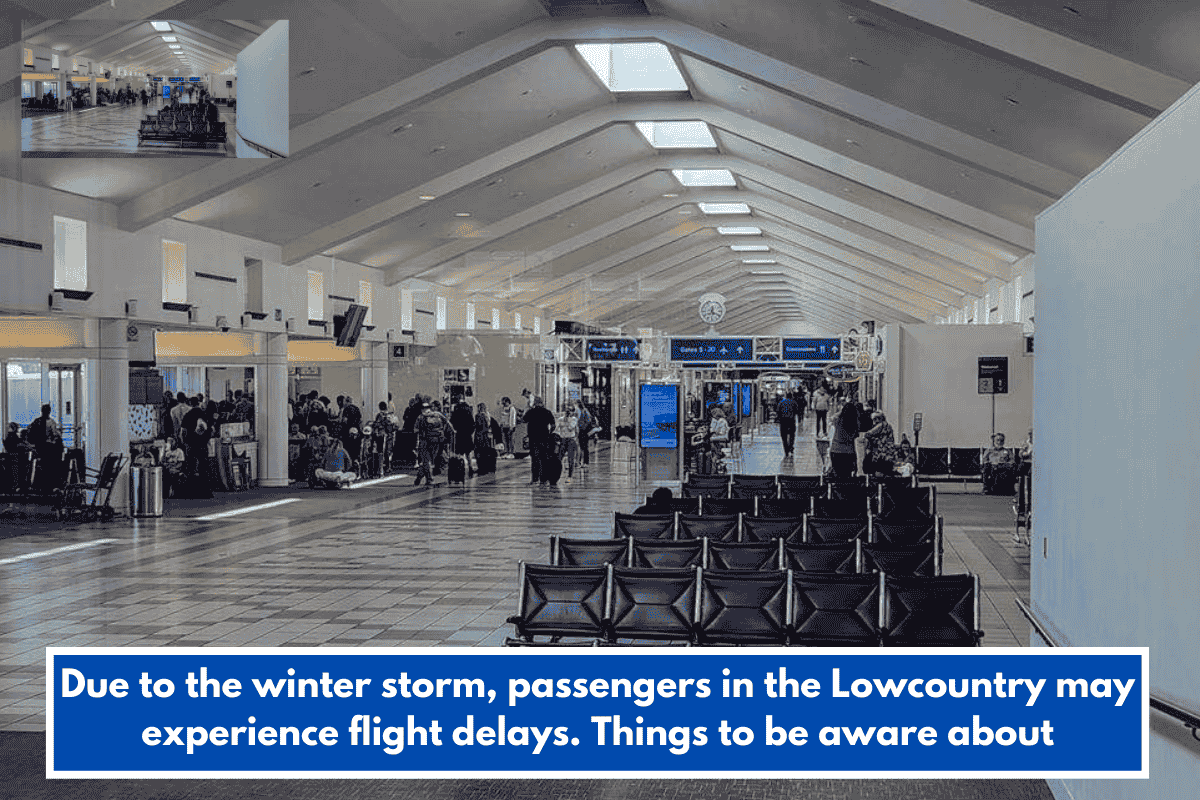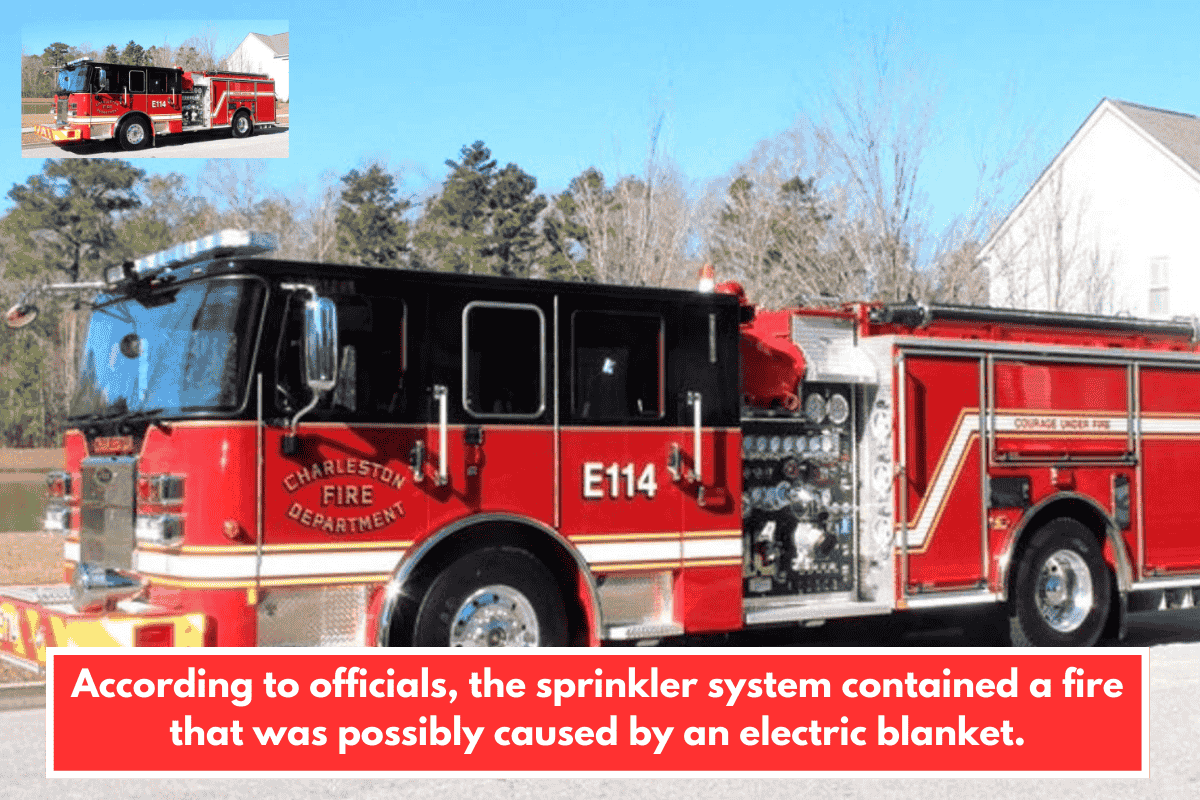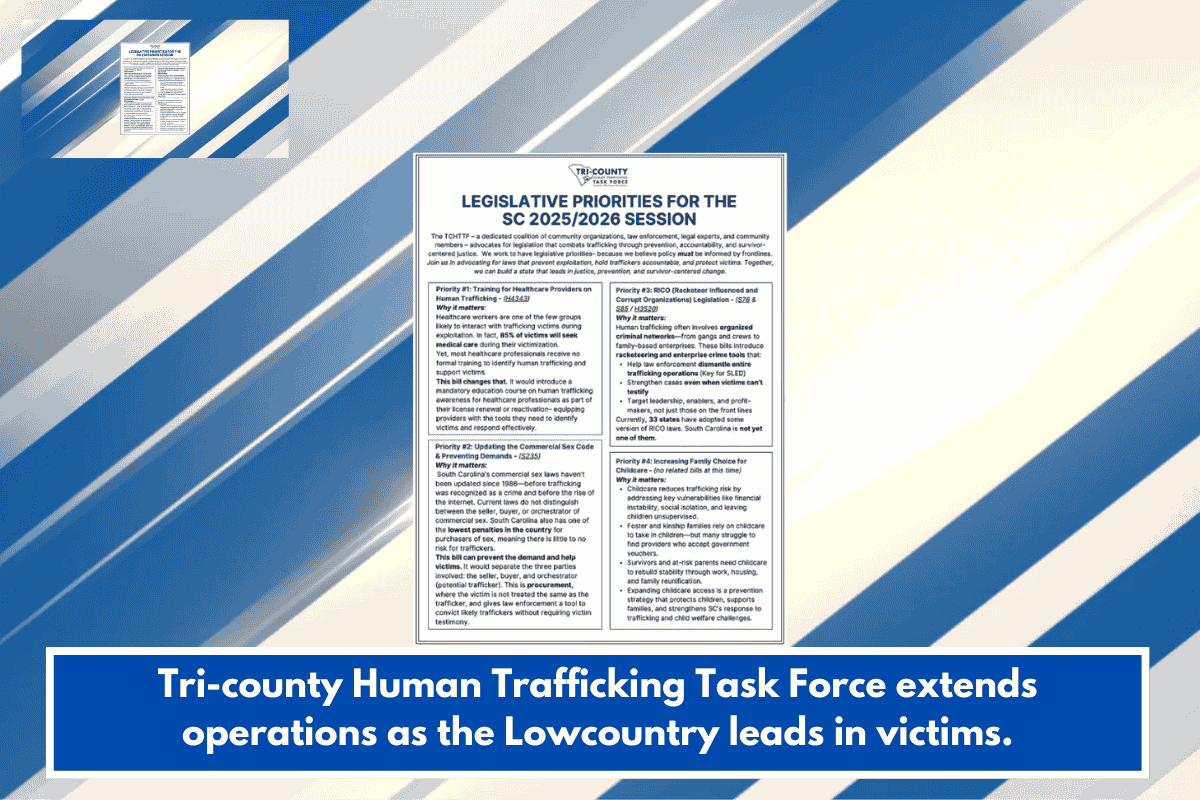New Jersey, USA — As rental prices continue to climb across the United States, tenants in New Jersey need to be aware of the state’s rent increase laws to ensure their rights are protected. In 2025, changes in legislation and new policies could impact both renters and landlords, so it’s important for tenants to understand how much their rent can be raised, when it can happen, and what protections are in place to prevent unfair hikes.
What is the Maximum Rent Increase in New Jersey in 2025?
Unlike some states, New Jersey does not have statewide rent control for most rental properties. However, certain cities and municipalities within New Jersey have implemented their own rent control ordinances. These ordinances generally apply to older buildings and long-term tenants, particularly in cities like Newark, Jersey City, and Paterson.
For properties under rent control:
- Rent increases are typically capped by a set percentage, often around 5% per year, or the rate of inflation, whichever is lower.
- Some municipalities also restrict how often rent can be increased, generally once per year.
For non-rent-controlled properties:
- Landlords are allowed to increase rent without limits, but they must provide written notice in advance. In general, landlords must give at least 30 days’ notice for a 1-year lease and 60 days’ notice for a long-term lease.
Rent Control Laws in New Jersey Cities
Several cities in New Jersey have enacted rent control laws to protect tenants in certain types of rental properties. These rent control laws mainly apply to buildings built before 1977, and the rules can vary significantly from city to city.
Jersey City Rent Control Laws (2025)
- Rent control applies to most properties built before 1987.
- The rent increase is limited to a set percentage of the previous rent, usually capped at 5% annually, or the Consumer Price Index (CPI), whichever is lower.
- Rent increases must be properly documented and approved by the city’s Rent Leveling Board.
Newark Rent Control Laws (2025)
- Newark imposes rent control on most properties with 5 or more units that were built before 1987.
- Rent increases are capped at 4% per year, or the CPI, whichever is lower.
- Tenants must be given a 60-day notice before rent can be increased.
Paterson Rent Control Laws (2025)
- Paterson enforces rent control on properties built before 1974.
- Rent increases are limited to 5% per year.
- Rent increases above this amount require approval from the city’s Rent Leveling Board.
New Jersey Statewide Rent Increase Laws (2025)
While statewide rent control does not exist in New Jersey for most rental units, some statewide protections have been put in place, particularly for mobile homes and housing for seniors or low-income individuals. These laws are designed to prevent unfair rent hikes in certain situations.
Mobile Home Rent Control
- In New Jersey, mobile home parks are subject to rent control ordinances in some municipalities. Rent increases for mobile homes are regulated and require approval from a rent control board or commission.
Senior and Low-Income Housing
- Rent increases in affordable housing developments or for seniors and low-income tenants are capped by both state law and federal programs. These tenants have specific protections under programs like Section 8 or Low-Income Housing Tax Credits (LIHTC).
How Often Can Landlords Increase Rent in New Jersey?
For properties that are not rent-controlled, landlords can increase rent at the end of a lease term without limit. However, there are some important guidelines and requirements:
- Written Notice: New Jersey law requires landlords to provide tenants with a written notice of the rent increase:
- 30 days’ notice is required for a lease of one year or less.
- 60 days’ notice is required for leases longer than one year.
- No Retroactive Rent Increases: Landlords cannot retroactively apply rent increases. The increase must apply only to future rent payments.
What Protections Do Tenants Have Against Unfair Rent Increases?
While New Jersey does not have state-mandated rent control for most properties, tenants still have certain protections from unreasonable rent increases:
- No Rent Gouging: In areas affected by natural disasters, rent increases may be regulated by emergency rent control. This is especially relevant in the wake of events like Hurricane Sandy, where rent gouging protections were put in place for recovery periods.
- Eviction Protections: If a tenant does not agree with a rent increase and does not want to pay the higher amount, they have the right to challenge the increase in court. However, tenants must adhere to the terms of the lease until a legal dispute is resolved.
- Good Faith Rent Increases: In the absence of rent control laws, courts generally consider whether rent increases are reasonable. If a rent increase is deemed excessive or unjustifiable, tenants may be able to contest it.
What Should Tenants Do if They Think Their Rent Increase is Unfair?
If you are a tenant in New Jersey and feel that your rent increase is unfair or unreasonable, you have several options:
- Review Your Lease Agreement: Make sure that the lease specifies the conditions for rent increases, including how much notice the landlord is required to provide.
- Check Local Rent Control Ordinances: If you live in a rent-controlled city (like Jersey City, Newark, or Paterson), check local laws to ensure that the rent increase is within the allowable limits.
- Contact Local Authorities: If your landlord is violating rent control laws or providing insufficient notice, contact your local Rent Control Board or the New Jersey Department of Consumer Affairs for help.
- Seek Legal Assistance: If you’re facing an excessive rent increase, consulting a tenant rights attorney may help you better understand your options.
New Jersey’s rent increase laws can be confusing, especially since there is no statewide rent control for most properties. However, tenants are still protected through various laws and regulations. Cities like Jersey City, Newark, and Paterson have their own rent control rules, and statewide laws protect mobile home residents and those in affordable housing programs.
If you’re facing a rent increase, be sure to check your lease agreement, review local ordinances, and consult with legal experts if needed. As always, understanding your rights can help you take the necessary steps to protect your home and your finances.
SOURCES
[1] https://www.doorloop.com/laws/new-jersey-rent-control-laws
[2] https://rentpost.com/resources/article/raise-rent-laws-in-new-jersey/
[3] https://statesassembly.je/publications/propositions/2025/p-24-2025
[4] https://www.nj.gov/dca/codes/publications/pdf_lti/rnt_incrse_bultin.pdf
[5] https://www.hpboro.com/residents/rent-control














